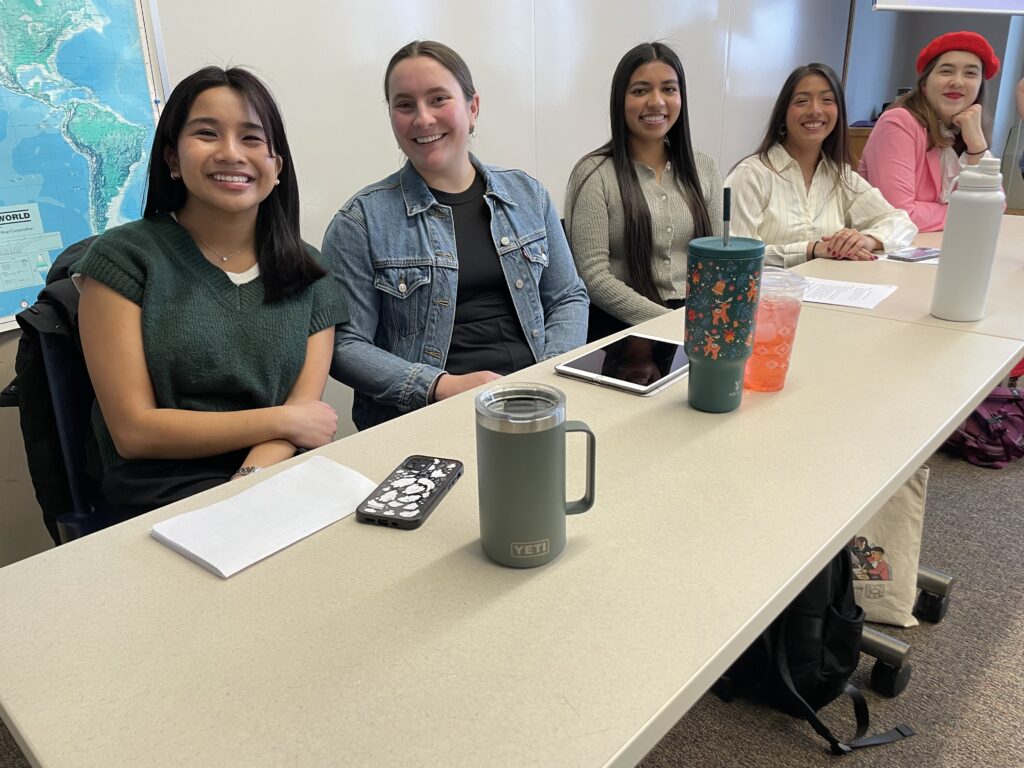About
Contact
SociologyCarnegie Hall, Room 207 651-696-6142
Why Sociology?
Sociology reveals what is often hidden in popular accounts of our lives, relations, and the world. At its foundation, sociology asks us to situate people, events, and phenomena within a larger context. The mission of Macalester’s sociology department is to equip students with the practical skills and theoretical tools to develop explanations of and insights about pressing social issues.
Our curriculum develops student learning in ways that:
- Train students in multiple research traditions (including qualitative, quantitative, and historical-comparative methods)
- Build capacity for thinking theoretically, including deriving applications of theoretical ideas
- Enhance students’ abilities to collaborate effectively
- Foster creative thinking
- Develop students’ communication skills
The curriculum includes courses that focus on structural inequalities that affect people (intersections of race, gender, sexuality, ability, and class), on large-scale social development and change, and on important arenas of ongoing social life (family, law, politics, cities, and others).
The combination of training in methods and substantive topics and emphasis on student inquiry prepares students for a wide range of careers. Students go on to graduate programs in public policy, social work, law, education, medicine, business, and a range of academic fields. Accordingly, our graduates work in diverse careers and sectors.
